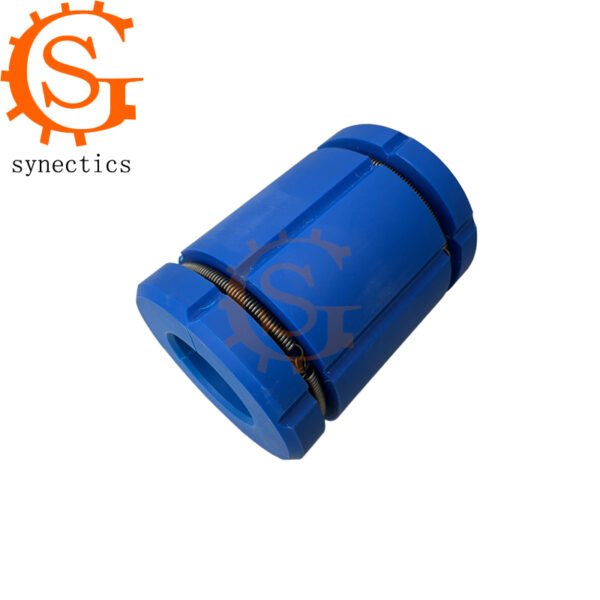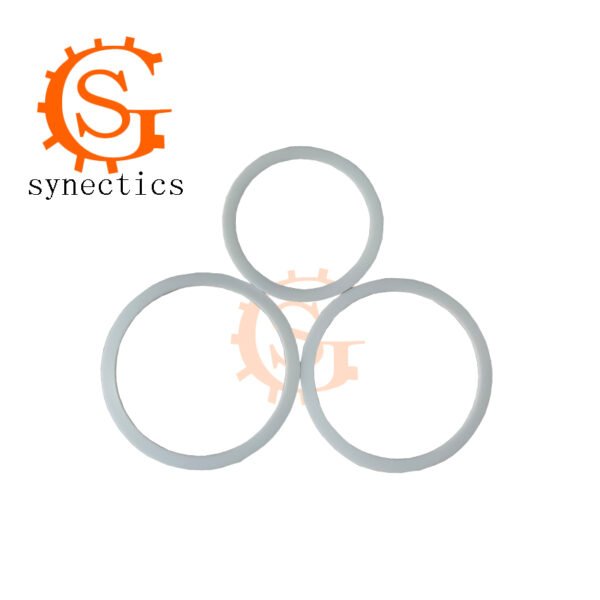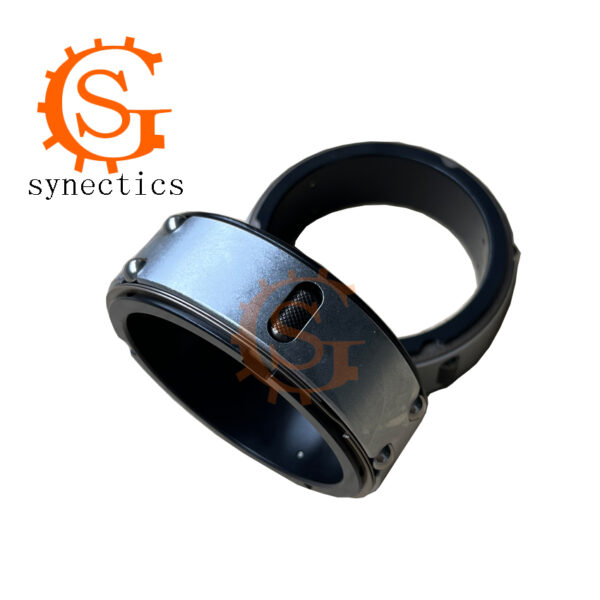A differential shaft, also known as a slip clutch or a variable speed drive, is a type of mechanical device that allows for a difference in rotational speed between two shafts that are connected. This device enables one shaft to rotate faster or slower than the other under varying conditions without causing damage or loss of function.
In industrial settings, differential shafts are used in various applications where it is necessary to control the speed ratio between two components, such as gears, motors, or machines. They are particularly useful in scenarios where one component requires more torque than the other at different stages of operation or when operating under fluctuating loads.
Differential shafts typically consist of an input shaft and an output shaft, with a mechanism (such as springs, clutches, or gears) that allows the shaft speeds to differ. The design allows for smooth speed transitions, which can be critical in machinery that requires precise control over rotational speeds.
They are commonly found in:
- Automotive Applications: Used in gearboxes and transfer cases to allow the wheels on different sides of a vehicle to rotate at different speeds, especially when turning.
- Industrial Machinery: In equipment where the load on one side varies from the other, like conveyor systems or drilling machines.
- Agricultural Equipment: Such as in combine harvesters, where different sections of the machine may require different speeds or torque levels.
The key advantage of a differential shaft is its ability to maintain the operational integrity of connected machinery by accommodating differences in load requirements or speed needs, making it a versatile component in many mechanical systems.









No comment